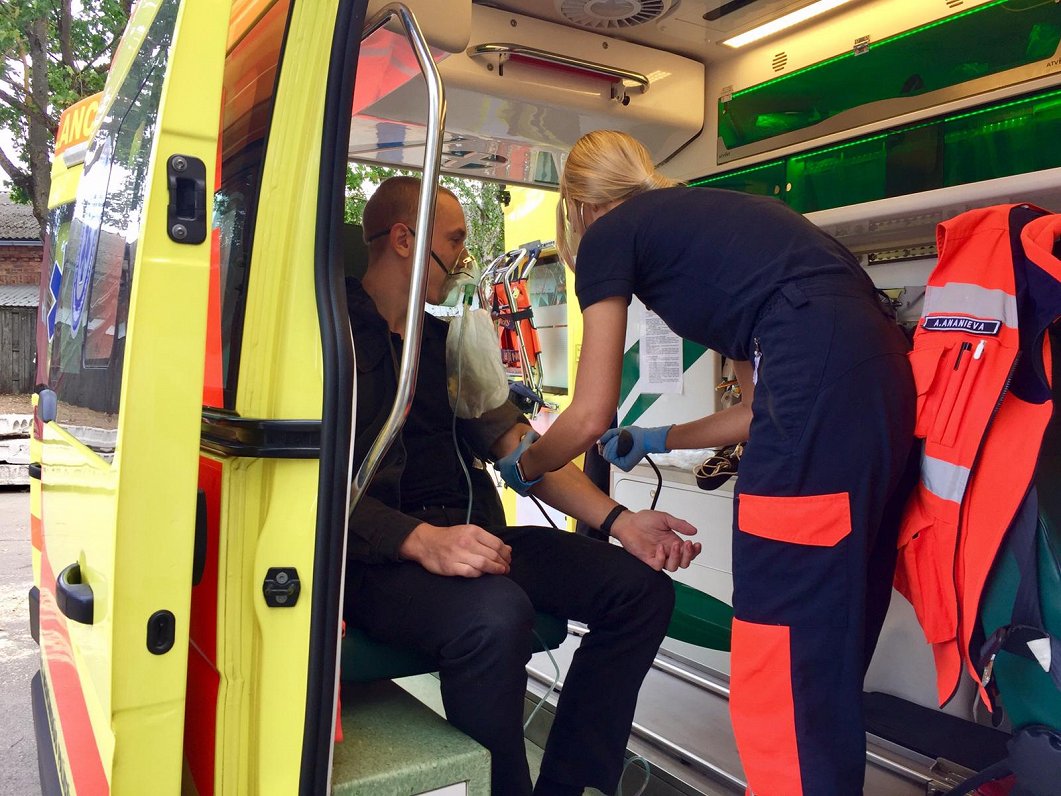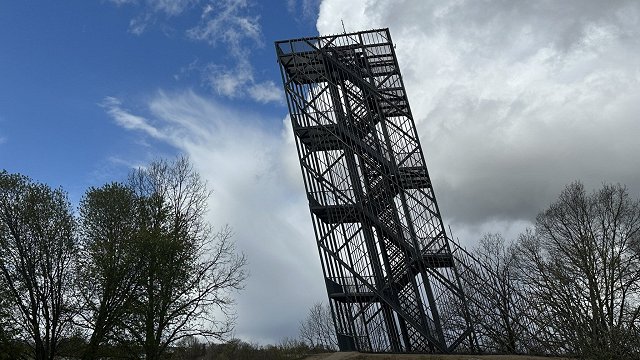NMPD Director Liene Cipule said that from March 18 anyone who traveled back to Latvia from abroad can get tested for the coronavirus if they're exhibiting symptoms, which include a runny nose, sore throat, cough, fever and difficulty breathing (Word Health Organization). Cipule warned, however, not to exaggerate symptoms.
"The test won't help you beat Covid-19. You have to stay home, and call 113 if pronounced symptoms appear," said Cipule.
The current waiting time for a test is 24 hours in Rīga, but even longer outside of the capital where the Central Laboratory visits each person individually. The demand is very high, so NMPD urges everyone to critically assess their situation before asking for a test.
Volunteers will be involved if necessary, but currently all the work requires a medical education.
As previously reported, Latvia went into an effective national lockdown on Tuesday, March 17 when it closed its international borders to all organized passenger traffic on land, sea and air, following further anti-coronavirus measures announced March 14. Prime Minister Krišjānis Kariņš announced the new measures following meetings of the cabinet and Crisis Management Council on Saturday afternoon.
In addition, Kariņš announced that all organized public events are banned until future notice and "unorganized" or spontaneous events including cultural, sporting and religious gatherings can have a maximum 50 participants.
Health Minister Ilze Viņķele repeated advice about the importance of washing hands regularly and maintaining "social distance". She also suggested people plan their shopping trips in advance and to take advantage of off-peak hours to minimise the number of people with whom each individual will come into contact. Under no circumstances should people go to work with flu-like symptoms, she said.
































